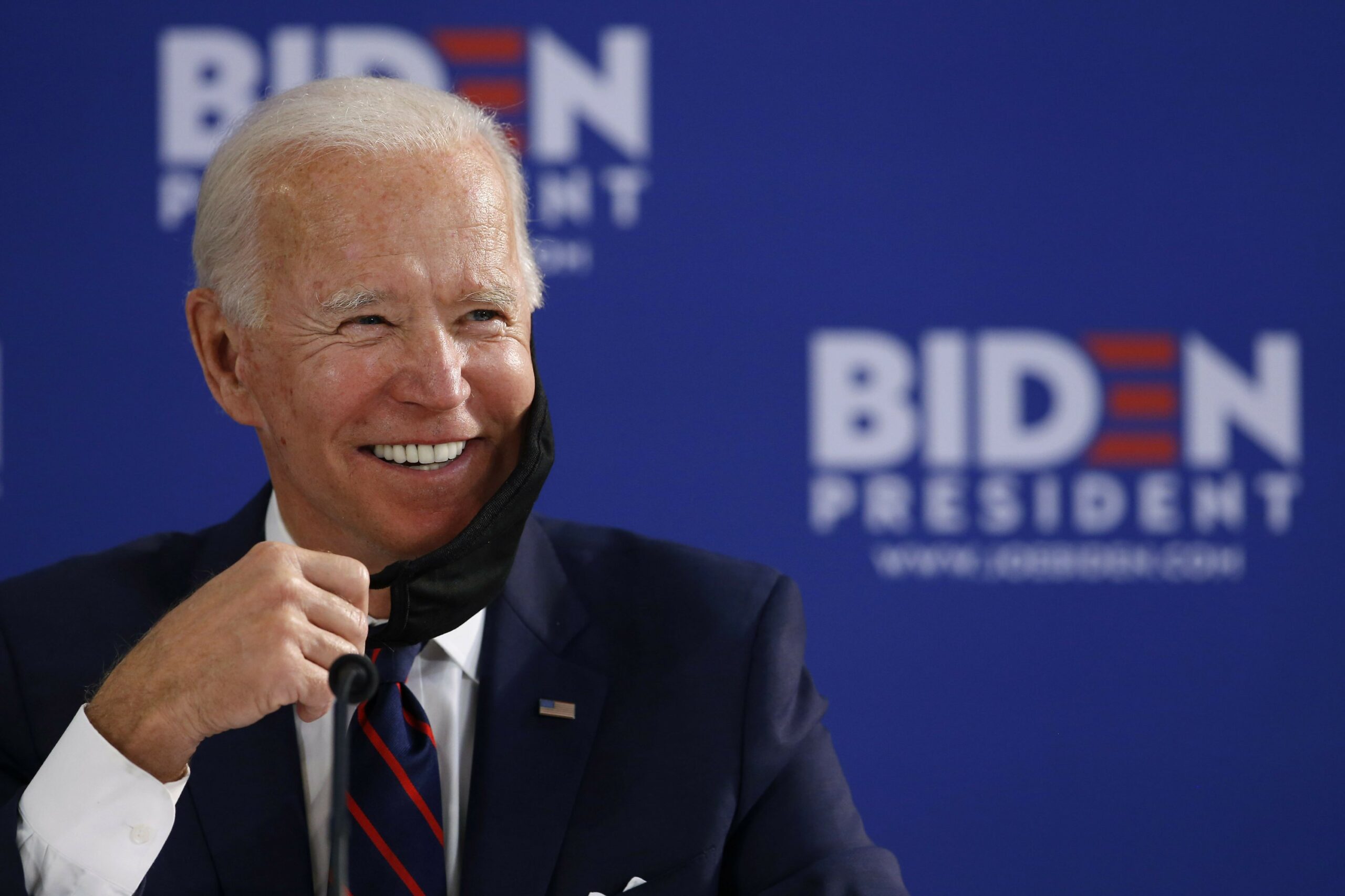President Joe Biden signed his $1.9 trillion stimulus bill into law on Thursday, commemorating the one-year anniversary of a U.S. lockdown over the coronavirus pandemic with a measure designed to bring relief to Americans and boost the economy.
The Democratic-led U.S. House of Representatives gave final congressional approval to the measure on Wednesday, handing the Democratic president a major victory in the early months of his term.
“This historic legislation is about rebuilding the backbone of this country,” Biden said before signing.
Biden signed the measure before a prime-time speech he plans later on Thursday to herald the anniversary of the lockdown, urge vigilance as the pandemic rages, and offer hope amid a growing number of vaccinated people across the country.
Biden’s signing of the legislation, called the American Rescue Plan, had initially been scheduled for Friday, but White House chief of staff Ron Klain said it was moved up after it arrived at the White House on Wednesday night.
“We want to move as fast as possible,” Klain posted on Twitter. A celebration with congressional leaders would still take place on Friday, he said.
The package provides $400 billion for $1,400 direct payments to most Americans, $350 billion in aid to state and local governments, an expansion of the child tax credit and increased funding for COVID-19 vaccine distribution.
Biden, who campaigned on a promise to curb the pandemic more effectively than his Republican predecessor Donald Trump, has told Americans since his January inauguration that more deaths and pain were coming from COVID-19.
With the vaccinated population slowly increasing, Biden is conveying fresh hope even as he urges people to continue to be cautious to prevent further flare-ups.
Biden and top aides are planning a nationwide tour to sell Americans on the benefits of the pandemic relief bill, including Pennsylvania next Tuesday and Atlanta on March 19.
Roughly 530,000 people have died from COVID-19 in the United States, and about 10% of Americans have been fully vaccinated.
Biden said on Wednesday he would use his 8 p.m. EST (0100 GMT) address to discuss “what we’ve been through as a nation this past year” and lay out the next phase of the government’s COVID-19 response.
The president is expected to warn Americans who, like people worldwide, are weary of pandemic restrictions, not to revert to normal behavior prematurely. Biden has urged continued mask wearing, social distancing and good hygiene, and he has discouraged cities and states from loosening their guidelines on large gatherings even as more localities relax restrictions.
Trump played down the crisis in its early stages and eschewed mask wearing, while repeatedly predicting the virus would soon disappear even as his administration pushed to speed up vaccine development.
The former president and his wife Melania Trump did not appear in a public service announcement released on Thursday encouraging COVID-19 vaccinations and featuring all of the other living former U.S. presidents and their spouses.

 Forex3 weeks ago
Forex3 weeks ago
 Naira3 weeks ago
Naira3 weeks ago
 Billionaire Watch3 weeks ago
Billionaire Watch3 weeks ago



 Naira3 weeks ago
Naira3 weeks ago






 Naira2 weeks ago
Naira2 weeks ago




 Naira2 weeks ago
Naira2 weeks ago




 Naira4 weeks ago
Naira4 weeks ago






 Naira1 week ago
Naira1 week ago
























